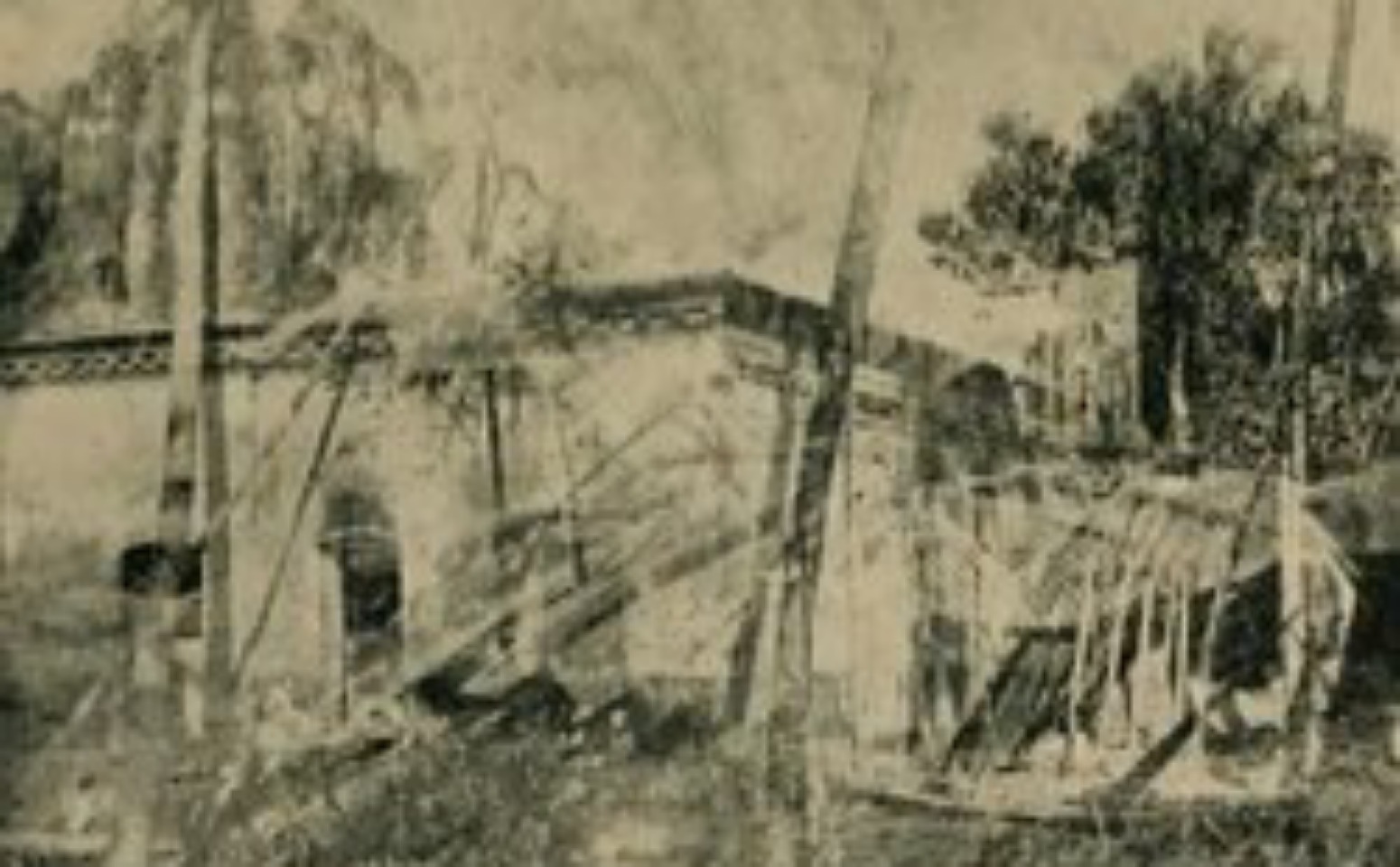
Hindu Voice Team: As devotees across Bangladesh celebrated Lakshmi Puja, a festival symbolizing wealth, prosperity, and hope, history cast a dark shadow over the day. On this same day in 1946, the Noakhali district became the scene of one of the most horrific communal atrocities in Bengal’s history. Nearly half a million Hindus were subjected to violence, while thousands of women endured unspeakable sexual assaults in a systematic campaign of terror.
Eyewitness accounts and historical records paint a chilling picture of the events. The attacks were not random acts of mob violence but appeared to be politically and socially orchestrated, targeting Hindu communities indiscriminately. Homes were looted, temples desecrated, and entire neighborhoods were forced to flee in fear of their lives.
Perhaps most disturbing are the statements from political leaders of the time. Provincial Chief Minister Huseyn Shaheed Suhrawardy reportedly minimized the gravity of these crimes, claiming that the assault on Hindu women was “inevitable” because they were more attractive than Muslim women. F. Burrows, a Labour Government representative and railwayman, who witnessed the aftermath, expressed his horror at Suhrawardy’s callousness. Burrows recalled that he felt an urge to confront Suhrawardy physically but restrained himself in shock at the sheer audacity of such a remark.
Despite the scale of this tragedy, the Noakhali massacre remains largely absent from mainstream historical discourse. In stark contrast, global media and political attention today often swiftly rally around faraway conflicts such as those in Palestine. The selective memory and silence surrounding Noakhali reveal a painful historical hypocrisy: the suffering of South Asian communities, especially women, is frequently neglected or minimized.
Historians emphasize that acknowledging these atrocities is crucial—not only to honor the victims but also to recognize the dangers of communal hatred, political opportunism, and social indifference. Survivors’ stories, passed down through generations, serve as haunting reminders of the human cost of such violence.
As the country celebrated Lakshmi Puja, the shadow of 1946 reminds us of the fragility of peace and the responsibility of society to remember, reflect, and resist the forces of hatred that led to such a tragedy.